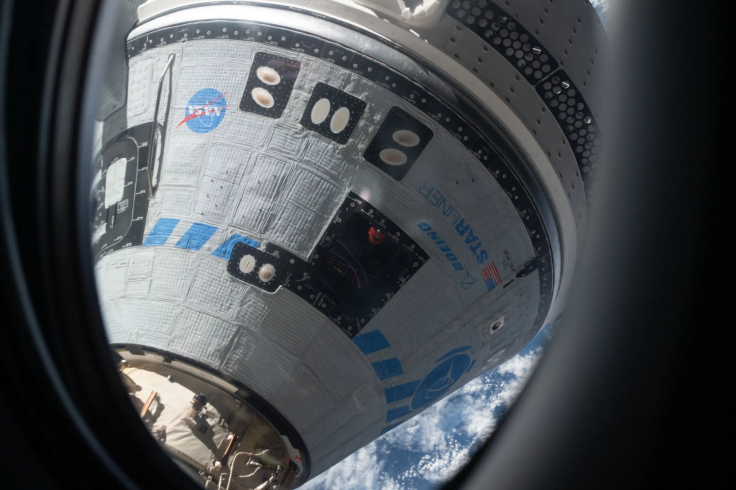Boeing's ongoing problems with its Starliner mission have started to affect other future space missions after NASA delayed SpaceX's upcoming crewed flights.
In a blog post on Wednesday, NASA moved SpaceX's Crew-9 mission to "no earlier than" Sept. 24, while "to finalize return planning" for the Boeing Starliner capsule still docked at the International Space Station.

The agency has earlier delayed the return trip for the Starliner up until February 2025 to ensure the safety of its two passengers, astronauts Butch Wilmore and Suni Williams.
NASA claimed that Boeing is already making progress in resolving the issue that caused the delay as the Starliner ground teams "finalize flight rationale" for the return trip. No final date for the return flight has been determined yet.
The recent delays in the return trip stem from thruster issues detected in the Starliner capsule shortly after it exited the Earth's atmosphere last June.
NASA Considers Bringing Back Boeing Starliner Without its Crew
With the current safety risks for the return trip, NASA has started considering plans to bring back the Boeing Starliner and its crew separately.
NASA's associate administrator for space operations Ken Bowersox said the possibilities of an uncrewed Starliner return have "increased a little bit" as the agency monitors current progress over the last two weeks.
This would either mean that Wilmore and Williams would need to stay in the ISS until the SpaceX crew arrived or another space mission would be launched to retrieve the astronauts.
Bowersox clarified that the agency is still considering other alternatives as new data reports arrive, claiming that "we could find ourselves shifting in another way" after future discussions.
Related Article : NASA Extends Boeing Starliner's ISS Stay Amid Thruster Issues
Boeing Starliner Hounded by Delays
Further mission disruptions on the Starliner are only the recent woes for Boeing as the company has racked up costs on over-delayed and over-budgeted space flights.
Reports earlier indicated that Boeing has already spent over $1.5 billion to complete its first crewed mission with an additional $125 million from the recent delays.
The additional expenses come as the company also faces legal issues following investigations on the technical issues of its 737-MAX planes midflight.
CEO Dave Calhoun has announced earlier that he will step down from his position by the end of the year amid controversies. He is set to be replaced by Collins Aerospace CEO Kelly Ortberg.









